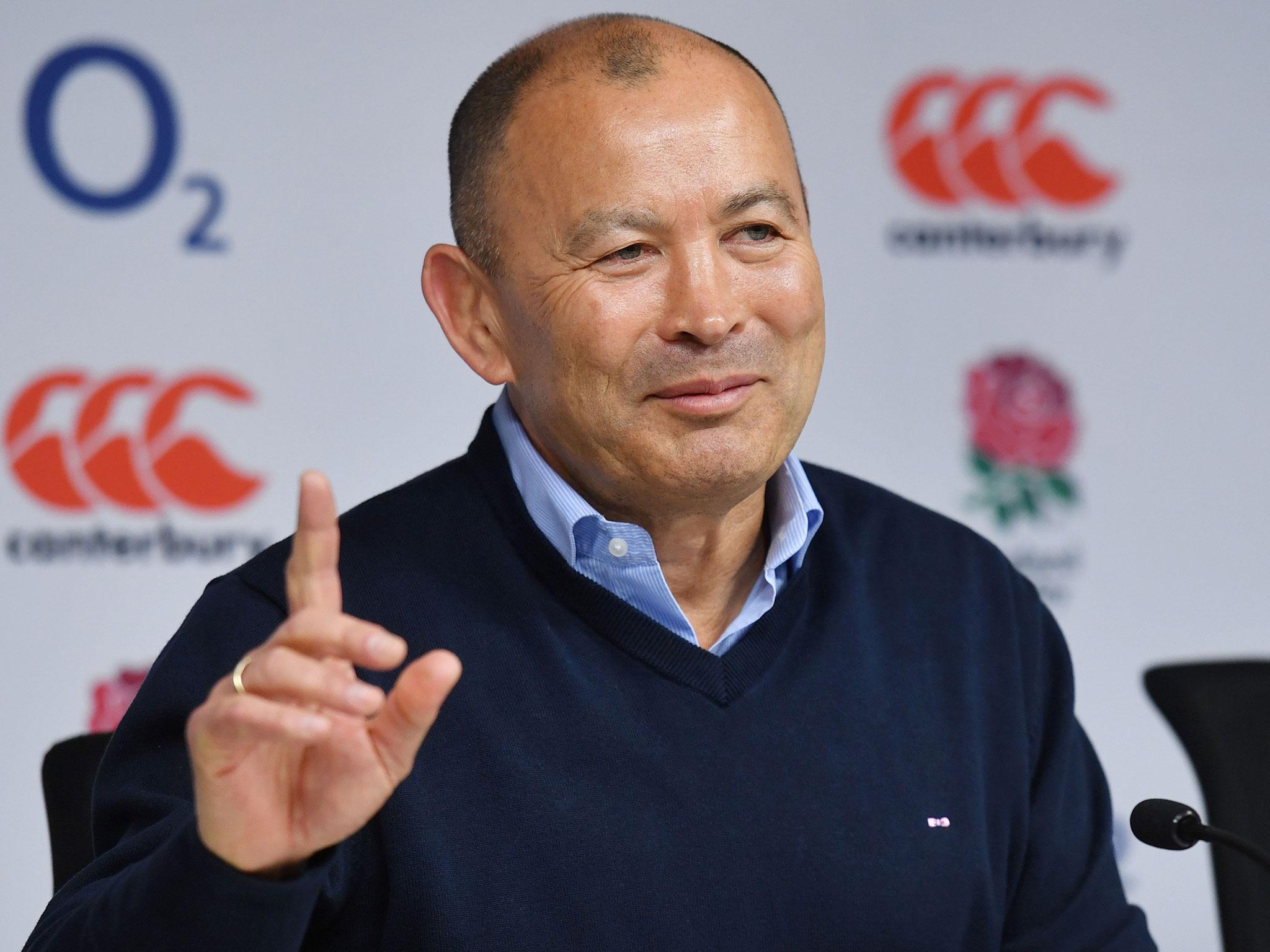Have England improved during the Six Nations? Eddie Jones says so, but where is this self-reliance he speaks of?
An understrength England went into the Six Nations facing fewer questions than they did coming out of the championship

England are Six Nations champions again, they are well on course to complete “phase one” of Eddie Jones’s four year plan with flying colours and they once again look like a side capable of challenging in the latter stages of a Rugby World Cup.
But are they any better that at the start of the Six Nations?
“Were we at our best in the Six Nations? No it was tough for us,” Jones admitted. “We started the tournament without half our forward pack, our first choice forward pack, it really tested our depth. We had players come through exceptionally well.
“I think we’ve improved the depth of the squad. At times we played some good rugby, at times we played some ordinary rugby. At the end of the day we’ve got back-to-back Six Nations championship trophies which is a fine achievement.”
And when the question was put to him? “100%. Learned more about the players, our team’s developed. Our team’s becoming more self-reliant.”
Take each point one at a time. Have England improved the depth of their squad? Yes. Have they played some good rugby, and some ordinary rugby? Definitely. And there’s no argument against the back-to-back titles, even if the Grand Slam slipped through their grasp in Dublin.
But that last point about learning more from this squad of players who are, apparently, becoming “more self-reliant” raises eyebrows. England passed two early tests in fighting from behind on the scoreboard to defeat France and Wales. While they were two games that England expected to win, given their unbeaten run under Jones, France demonstrated that they have rapidly improved under Guy Noves while Wales are not a fifth-place calibre side, no matter what the Six Nations table says.
Jones admitted that they needed a “get out of jail free card” to win those games, but that is testament to his side’s strength in depth, resilience and never knowing when they’re beat.
But two other key points in the championship oppose the Australian’s self-reliance claim. The first, the 36-15 win over Italy, sees the return of ‘ruckgate’. Italy chose to employ a tactic of not competing at the breakdown and thus removing any rucks or offside lines. It took England until after half-time to work out how to conquer these tactics, despite messages being passed onto the field during the first half.
The second point came in the finale defeat by Ireland. England were not able to alter their game in order to combat Ireland’s superior areas, namely the lineout and the tackle. The introduction of Peter O’Mahony to the starting line-up, a last-minute decision after Jamie Heaslip was injured in the warm-up, completely changed Ireland’s lineout plan, and left England scratching their heads. What was noticeable was not just that the Irish were able to disrupt and steal the English throw, but that England did not challenge whenever Rory Best threw into the lineout, instead opting to contest the driving maul. This was none more clearer than when in the 78th minute and inside their own 22, needing to go 80m to score the try they needed to win the Grand Slam, England chose not to compete for possession on the Irish throw.
Six Nations top 10 players
Show all 10This does not meet the criteria for self-reliance, not by any stretch. It is the complete opposite as it shows England were unable to logically put together a Plan B in order to try and defeat Ireland, as well as Italy.
The positives that were gained during the championship were the return from injury of the Vunipola brothers, the emergence of Elliot Daly as a Test-calibre player and the demonstration of England’s world class options in the second-row by Courtney Lawes and Joe Launchbury excelling in place of Maro Itoje – shifted to blindside flanker – and the injured George Kruis.
Of course there’s also the status of back-to-back Six Nations champions and the chance to become the first nation to win three outright titles in a row, and Jones highlighted on Monday, so the positives heavily outweigh the negatives. But to say the players are developing a self-reliance is a step too far at this point, and that’s why there’s still plenty of work to do ahead of phase two of Jones’s three-phase plan.
Subscribe to Independent Premium to bookmark this article
Want to bookmark your favourite articles and stories to read or reference later? Start your Independent Premium subscription today.

Join our commenting forum
Join thought-provoking conversations, follow other Independent readers and see their replies